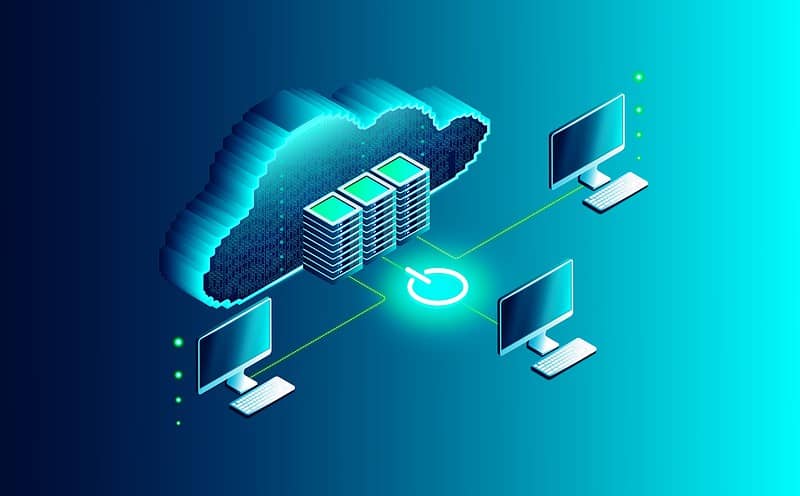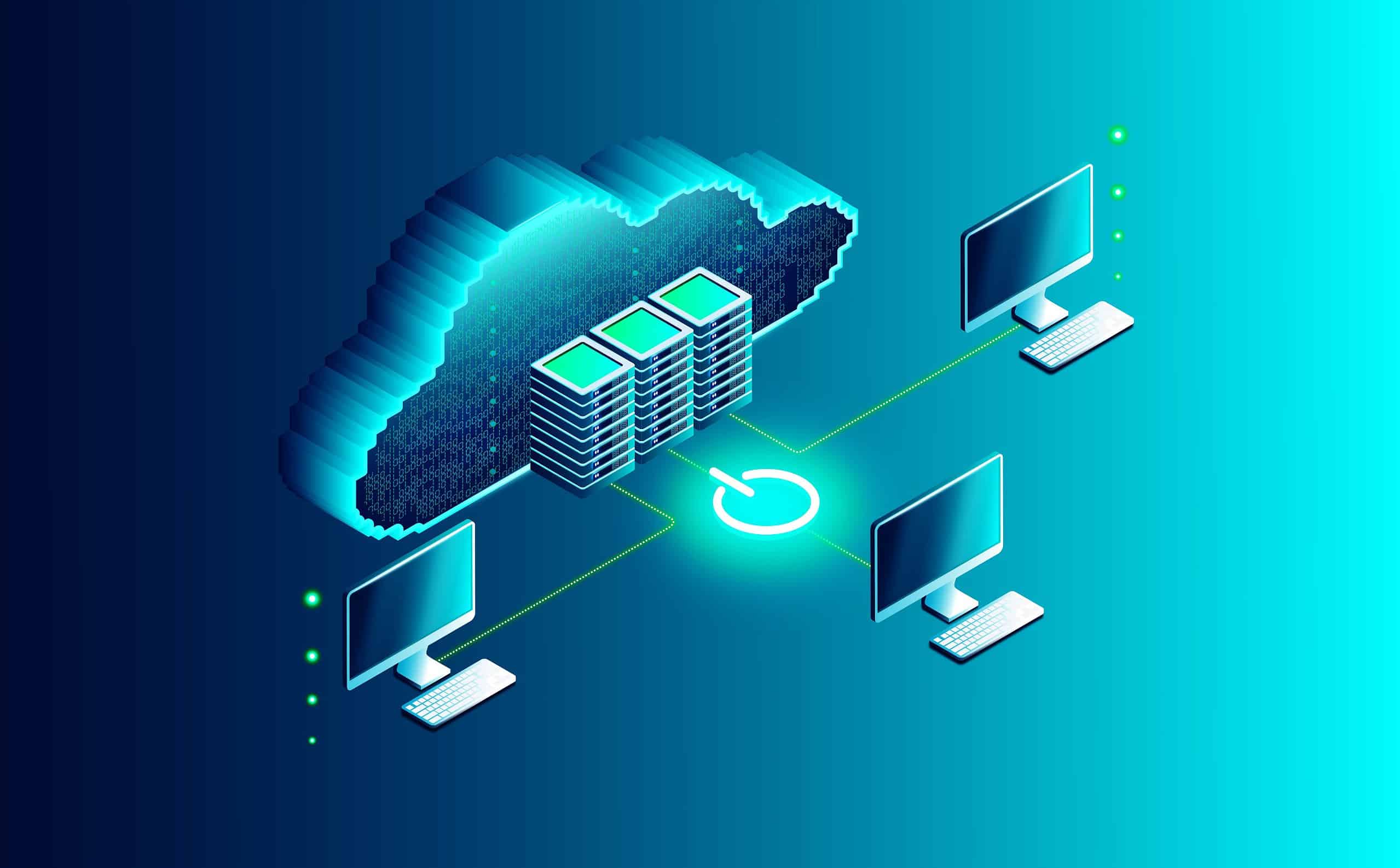-
How Can ERP Integration Help You Manage Purchasing and the Supply Chain?
As companies continue dealing with the business ramifications of the COVID-19 pandemic, supply chain management remains a key concern. Shipment delays, suppliers that can’t deliver, and other supply chain disruptions can have a significant, negative effect on a business. To make matters worse, many companies struggle to manage the supply chain effectively.
Supply chain issues can affect all businesses, but they are particularly disruptive in the manufacturing industry. According to the 2021 State of Manufacturing Report, “94% [of respondents] report concerns about their current supply chains” and for “68%, improving supply chain resilience and agility is the number one business priority.”
Technology can help manufacturing companies and other businesses that are making supply chain improvements a priority. ERP software provides a holistic overview of business processes, including those involved in supply chain management. Integrating an ERP with business process automation (BPA) software-as-a-service to manage purchasing provides even more control and oversight.

ERPs and Supply Chains
ERP software standardizes and streamlines core business functions. This includes streamlining tasks related to the supply chain such as inventory management, procurement, vendor comparisons, and materials requirement planning.
By providing a holistic view of business processes within a company, ERPs make it easier to get information flowing through the company. An ERP helps your company integrate business tasks like purchasing and inventory management. It also helps streamline managing relationships with suppliers and customers.
ERP software also makes it easier for your company to fix “poor visibility and performance accountability”—two things the 2021 State of Manufacturing Report identified as making supply chain issues worse. Improved visibility and accountability make identifying and correcting issues in the supply chain simple. They also make it easier to develop an adaptable supply chain management strategy that can weather post-pandemic supply issues.
Integrating ERPs with BPA Software
Despite the many benefits of ERPs, even the best ERP systems have limitations. They’re often rigid systems that are costly and difficult to update if your company’s needs change after implementation.
Additionally, ERPs are much better for handling business processes on a big-picture level than they are for more detailed day-to-day tasks. If you want to get the most out of your ERPs, then integrating them with BPA software is a simple solution. BPA software provides additional functionality to enhance ERPs and make managing supply chains (as well as other core business tasks) much easier.
NextProcess offers a complete suite of programs that you can use together or separately. This software makes it easy to manage Accounts Payable, T&E reports, Capital Projects, Purchasing, and Document Storage. Our software also integrates seamlessly with ERP systems including NetSuite, SAP, Oracle, Microsoft Dynamics Business Central, Sage, Epicor, and more.
[imagenumber: 178580123]
Benefits of Purchasing Software
Since ERPs already help manage purchasing, inventory, and vendors, you might be wondering why you’d need additional purchasing software. While ERPs give you a broad view of how different aspects of supply chain management fit together, purchasing software gives you more direct control of the purchasing process.
With NextProcess’ Purchase Order Module, your company can automatically enforce purchasing policies. The software-as-a-service system also logs all the data related to purchasing automatically. You can quickly generate reports on planned, committed, actual spend, and available funds.
Features like punch-out catalogs and item catalogs also make the system easy to use. It’s much simpler for employees to shop within the system than to shop on supplier’s websites and then fill out purchase orders; the software generates purchase orders automatically. You can customize the catalogs and other features to match your company’s needs and easily update them when needed.
A Holistic Supply Chain Solution
Integrating an ERP system with quality SaaS software helps your company manage purchasing and the supply chain process. You’ll have access to more complete, reliable data, which is essential for strategizing an effective supply chain. Data insights make it easier to track key performance indicators, manage suppliers, and maintain supplier relationships.
In addition, having an ERP and BPA software suite working together makes it easier to implement best practices like three-way matching. Integrating AP automation, purchasing software, and an ERP for tracking inventory lets you quickly check purchase orders, goods received, and invoices.
You can also bring capital project management into your supply chain strategy. Depending on the type of capital project, you might need to manage supplies for project completion. ERPs help with data collection and record keeping for capital projects, but software-as-a-service solutions add more options for tracking capital projects, managing budgets, and monitoring important metrics.
Why NextProcess?
Not all software-as-a-service solutions can integrate with the most popular ERPs seamlessly. NetSuite, for example, does not typically do integrations. If you’re using NetSuite and want to implement BPA software as well, you need to make sure you’re working with a software supplier that knows how to integrate with NetSuite.
NextProcess has a 100% NetSuite integration success rate. We also have extensive integration experience with other ERPs such as MS Business Central to ensure you won’t have to deal with software conflicts. Whichever ERP you’re using, NextProcess handles all the integration tasks for your company so there’s no additional burden on your IT department. We’re also closely involved with the whole software implementation process to make sure our software is working right for you and is customized to meet your company’s exact needs.
All in all, the combination of NextProcess and an ERP makes for a clean, integrated, and complete software solution that supports your company’s supply chain goals. Contact us today to learn more or set up a free demo so you can see for yourself how NextProcess can help your company manage the supply chain.
